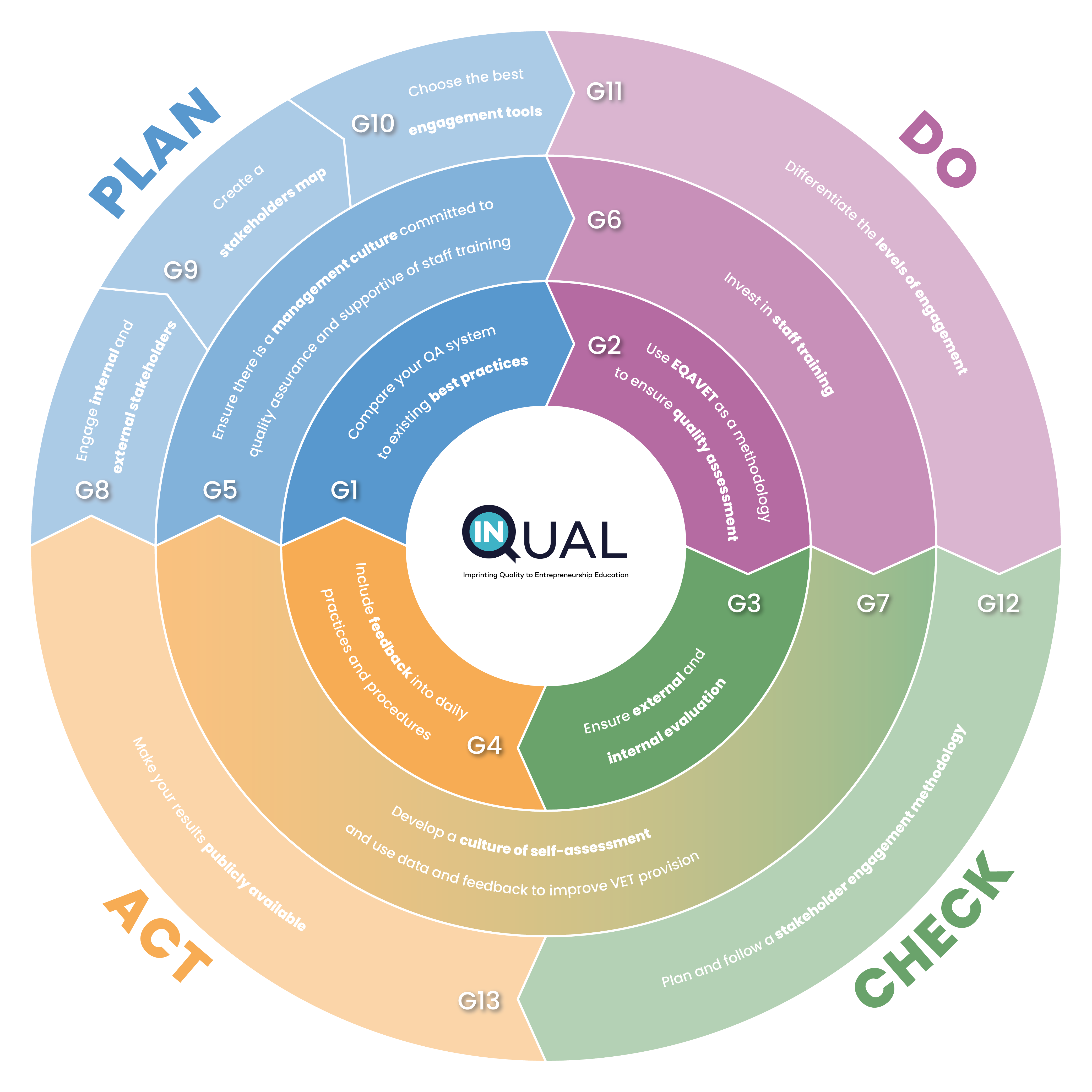

Instructors teach courses that encourage professional-level students to develop the problem-solving skills and strategies that promote animal health. Veterinarians have excellent opportunities to teach at veterinary schools or colleges. For instance, veterinary pathologists and toxicologists working in public institutions or private companies test the safety and efficacy of new treatments, monitor environmental conditions and evaluate the effects of environmental pollutants. They develop new diagnostic tests, vaccines and products that prevent human and animal disease and enhance food quality.

Research veterinarians investigate scientific problems and develop strategies and new technologies. Such careers can include working with the United States Fish and Wildlife Service, Centers for Disease Control and Prevention, Food and Drug Administration, United States Department of Agriculture, National Institutes of Health, Army or Air Force Veterinary Corps, and others. Specialists also handle fish, wildlife, laboratory animals and other animals regulated by federal law. These experts diagnose diseases, inspect meat and poultry, oversee communicable disease programs (West Nile virus, rabies, BSE, avian flu, etc.) and conduct research. Veterinarians may work for federal or regional agencies that watch over the health and welfare of domesticated animals or monitor populations of free-ranging wildlife. Whatever their interests, all DVM students learn to provide basic care to the general animal population and prevent disease and other health problems. Others emphasize a group or species, such as food animals, exotics, birds or horses. Practitioners may specialize in one medical area, such as surgery or dermatology. More than 70 percent of practices deal with small companion animals. Provide primary health care to livestock and companion animals on a case-by-case, fee-for-service basis. They also specialize in a particular breed of animal, like equine medicine or exotics or in a medical specialty, like ophthalmology, oncology, pathology or dermatology. Many veterinarians in the United States work in private practice, but others work in a wide range of fields. The profession becomes more complex as trade barriers fall, new zoonotic diseases emerge, human travel increases, and production and distribution of food products take place in more concentrated, large-scale operations. Additionally, they advance medical technology through education and research. Veterinarians collaborate with physicians and public health agencies to prevent and control diseases transmitted from animals to people. They use problem-solving skills and in-depth knowledge of biological, physical and social science to diagnose, treat and prevent animal diseases and help to maintain the quality of our environment. Veterinarians are highly trained medical professionals who provide for the health and quality of life of all kinds of animals.


 0 kommentar(er)
0 kommentar(er)
